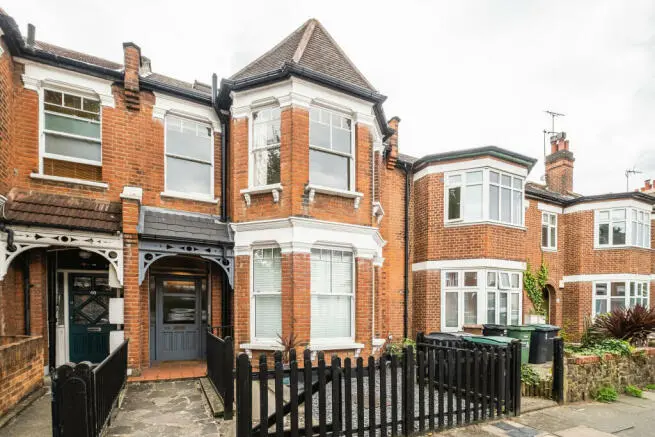This blog will discuss how anyone can buy or sell a property in the United Kingdom. Buying and selling property could be a complex process, and through this blog, we tried to simplify the process.
Buying Process
- Understand the Market
The first step is to understand the real estate sector of the UK and what factors have an impact on the real estate market trends. UK property is dynamic the prices tend to vary with regions. London and South East regions tend to have higher prices as compared to other regions. Factors such as economic stability, interest rates, and government policies tend to have the main impact on real estate prices.
- Financing
The next step is to calculate the financing cost, the mortgage lenders will access the customer’s credit history, and income and then determine the amount that could be financed and at what cost. The UK government also provides scheme related to house financing which provide loans at low interest rates.
- Conveyancing
The next step is the legal process for the transfer of ownership. For this process, you’ll need to hire a solicitor or licensed conveyancer to handle the process. The solicitor is responsible to check the property title and verify that there are no legal issues related to the property ownership.
Read Also: A Step-by-Step Guide for Buying a Home in the UK
- Stamp Duty and other costs
Properties over specific values are subject to Stamp Duty land tax (SDLT) the nonresidents and first-time buyers are most affected by the rates.
- The last step
In the last step, the contracts are exchanged and both parties are legally committed to the transactions. After the final payment by the buyer, the keys are handed to them.
Selling Process
- Valuation and Marketing
The first step in the selling process is the valuation of the property which is conducted by the surveyor or real estate agent. The next step is the marketing of the property the pictures and details of the property are shared on the open listings and online real estate digital platforms.
- Choosing the Estate agent
The second step is the selection of the estate agent. The estate agent would be responsible for handling the whole selling process from the valuation of the property to the negotiating with the parties. The real estate agent charges a percentage for its efforts. It’s important to negotiate every term with the estate agent before authorizing.
- Legal Requirements
The next step is fulfilling the legal requirements, it’s essential that the seller provides an Energy Performance Certificate (EPC) and makes sure all legal requirements are fulfilled such as disclosing the material facts about the property.
- Closing the sales
The last step is negotiating with the parties and closing the sale. Once the offer is accepted the buyer will conduct the surveys and finalize the mortgage payment.
Legal Framework and Regulations
Several key regulations need to be fulfilled in the UK.
- Land Registration Act 2002
All property transactions must be registered with the HM land registry.
- Housing Act 2004
The Housing Act 2004 introduced the House Health and Safety Rating System (HHRS) and Housing Act 2004 to enforce mandatory licensing of housing in multiple occupations (HMOs)
- Consumer Protection from Unfair Trading Regulations 2008:
The regulation is introduced to protect buyers from misleading statements of sellers and estate agents. It protects the legal rights of buyers and supports them in taking legal action against sellers and estate agents.
For further advice please get in touch with our team today by calling 020 8538 0182 or +44 7857 809932, or you can email us on [email protected].
Please note these blogs are to enhance your knowledge and are not tailored advice, for specific advice please get in touch with our outstanding team.



